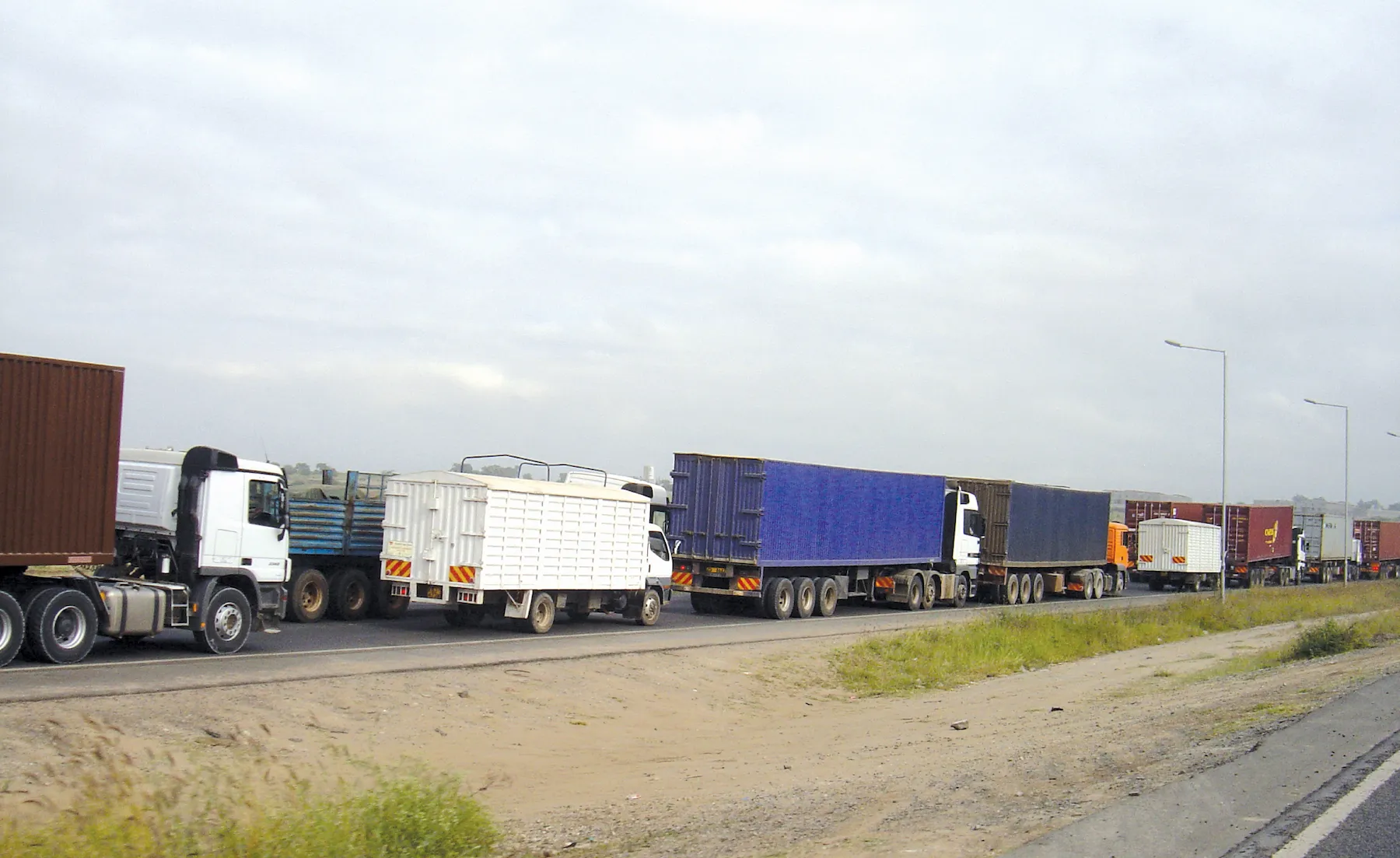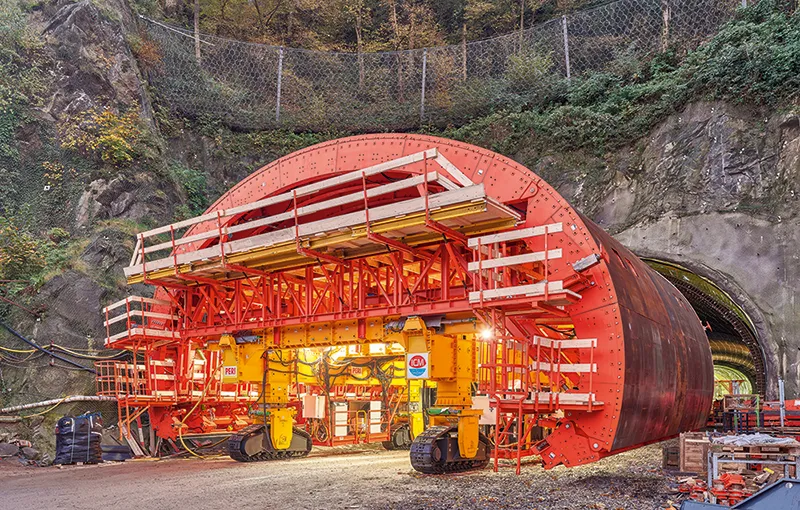The controversy surrounding the driving of a new road tunnel close to the UK’s Stonehenge monument has deepened following a recent incident. A 3m diameter hole was allegedly drilled through an important archeological find, a platform constructed of flint and animal bone, located close to the site Stonehenge. The platform is thought to have been erected some 6,000 years ago, making it older than Stonehenge itself, and preserves hoof prints made by aurochs, giant wild cattle that are now long extinct.
The construction of the tunnel is a necessary project as the busy A303 route features just a single lane in either direction as it passes Stonehenge and the road is no longer fit for purpose. Traffic congestion are delays are frequent along this particular stretch of the A303 while there are serious concerns over safety. One of the biggest controversies surrounding the project however is that many believe the preferred route for the tunnel to be too short, risking damage to the historical site. There are also concerns that driving the new tunnel will affect the high water table in the area, potentially damaging other features of archeological importance.
Stonehenge is a
Stonehenge tunnel controversy exacerbated by recent incident
The controversy surrounding the driving of a new road tunnel close to the UK’s Stonehenge monument has deepened following a recent incident. A 3m diameter hole was allegedly drilled through an important archeological find, a platform constructed of flint and animal bone, located close to the site Stonehenge. The platform is thought to have been erected some 6,000 years ago, making it older than Stonehenge itself, and preserves hoof prints made by aurochs, giant wild cattle that are now long extinct.
December 7, 2018
Read time: 2 mins







